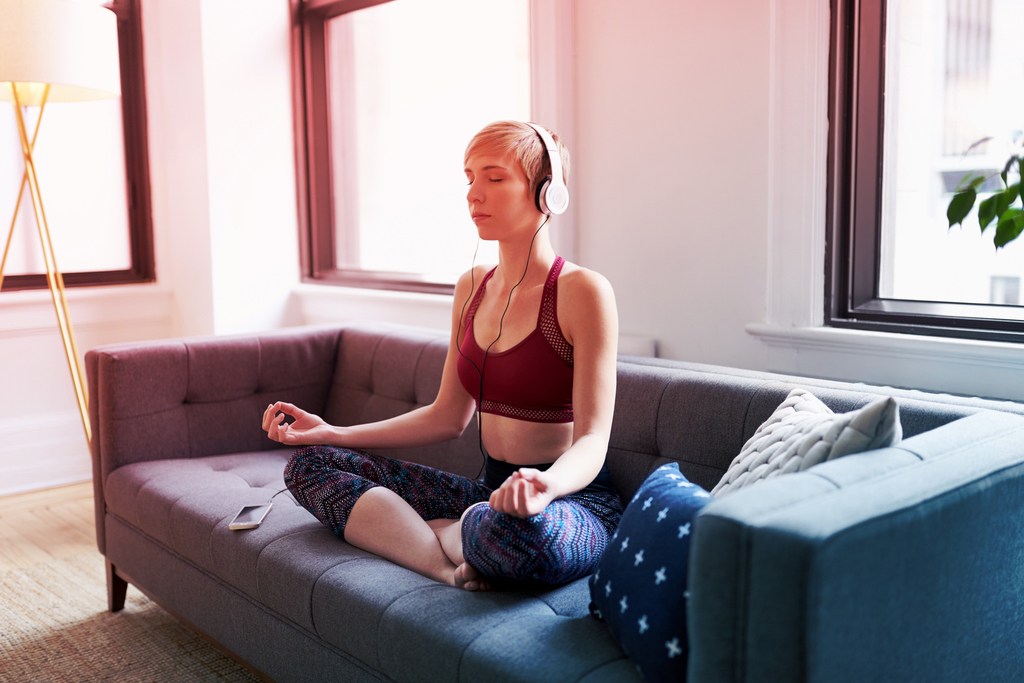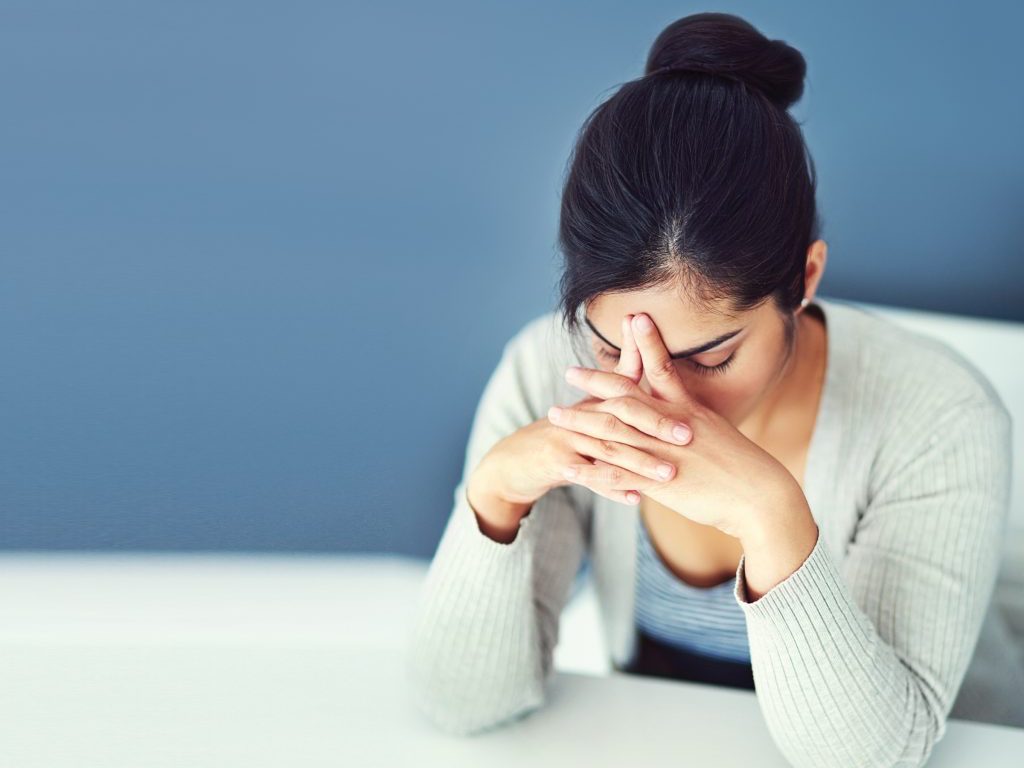6 Mins Read
We are in the midst of a global pandemic, which can be a very stressful experience for people. Fear, anxiety and worries about Covid-19 may be overwhelming and even induce strong emotions from everyone – children, adults and elderly. While being concerned about the disease in a time of global crisis is normal, finding ways to manage and cope with our anxieties will help make ourselves and those around us stronger.
What are some of the common anxieties during the Covid-19 pandemic?
Though most of us have different response systems to stressful situations, and are affected in different ways due to individual circumstances and personal challenges, the lives of almost everyone across every segment of society is undergoing change due to the coronavirus pandemic, which will likely lead to heightened anxiety.
Children may be worried due to the change in their daily lives and routines, and upset because they are now unable to see their friends while schools are closed for the time being and the general public is encouraged to practice social distancing.

Parents and guardians may be concerned about how childrens’ education may be impacted, and working parents may be grappling with extra stress due to the added pressure of work-from-home contingencies.
Meanwhile, those who may not have the benefit or option of working from home may fear for their own and their loved ones’ health and safety. Both business owners and employees may feel distressed due to the economic effects of measures to curb the spread of the virus.
Elderly and those with pre-existing chronic diseases who are more vulnerable to Covid-19 may be experiencing heightened worries about their physical risk of infection and feel lonely and disconnected with their family and friends whilst practicing stringent social distancing.
People who are helping with the response to the pandemic, such as doctors, healthcare providers, nurses, and first aid responders, who are inevitably working longer hours under strenuous conditions are no doubt under immense pressure during this time.
How can these anxieties affect our mental well-being?

These stresses during an infectious disease outbreak can lead to ongoing feelings of unease and nervousness, changes in sleeping or eating patterns, difficulty getting enough rest or concentrating, and worsening of chronic health problems.
For most of us who are practicing social distancing, particularly the elderly and those who are at higher risk of Covid-19, may also feel disconnected and miss physical communication and socialisation in their daily lives, which brings about negative emotions such as sadness and loneliness.
Not being able to do all the activities that one might be used to may also cause frustration, anger and irritability, especially for those who may be feeling claustrophobic due to being indoors at home for extended periods of time.
What are some things I can do to cope with anxiety during Covid-19?

Take a break from the news
Hearing and reading about the pandemic repeatedly can be upsetting and induce bouts of severe anxiety for some people. While it is important to stay informed, remember to also take regular breaks from watching, reading or listening to news stories, and occupy your time doing other activities.
Log off social media
Many of us are now relying on social media as a way to remotely communicate and keep in touch with others, but spending prolonged periods of time on social media can also be harmful for our health, especially if the majority of the content is about the pandemic.
Take care of your body
Taking care of your body will help you take care of your mind too. Doing some exercise at home or in secluded areas in nature away from crowds will help you get your heart rate up and release feel-good endorphins in your body. There are also relaxing forms of exercises such as yoga, stretching, meditation and breathwork, which will keep both our minds and bodies strong. Remember to eat nutritious meals and get enough sleep as well.
Do some enjoyable activities
Use some of the extra time that you might have due to social distancing measures to take up activities that will help you unwind, such as arts and crafts, reading, playing music and cooking.
Connect with others
Don’t forget to reach out to other people – talk to people you trust and keep in touch with your family and friends. Use your relationships to form a support network where a group of you can regularly check on each other, ask about each other and talk about your feelings.
If you, or someone you care about are feeling too overwhelmed or may be having depressive or suicidal thoughts, know that help is available. For Hong Kong residents, dial +852 2896 0000 for The Samaritans or +852 2382 0000 for Suicide Prevention Services. Those in other countries, there is a full list of helplines here.
Ask a friend to keep you updated on the news
Ask a reliable friend or family member to share important global updates with you based on trustworthy news sites or official authorities’ health pages such as the Centers for Disease Control and Protection (CDC) in the United States, World Health Organisation (WHO) or the Centre for Health Protection (CHP) in Hong Kong.
Help others
A 2014 study showed that anxiety and “empathetic stress” can be contagious, and we tend to feel these emotions more when witnessing others in distress. But remember that kindness is also contagious – and can make you feel better in the process. Reach out to your community and find ways to help out if you are in the position to. Here are some ways you can help.
Focus on what you can control
While you may not be able to control what other people do, you can do something to minimise your own personal risk and there are resources available to help make life easier for the time being during periods of self-isolation and social distancing. For instance, there are key prevention measures we can individually practice to maintain optimal hygiene and prevent transmission – more information can be found here. For parents and students, there are online resources, many of which are free to use, which may help support learning from home. If you are working from home for the time being, here are some tips to help you out.
Go out in nature if possible
If you can, do spend some time outside in the fresh air. Even a brisk walk in your neighbourhood – as long as you are keeping social distance – is beneficial and will help to make you feel better. There are other social distancing-friendly outdoor activities you can try out, find out here.
Lead image courtesy of iStock.




